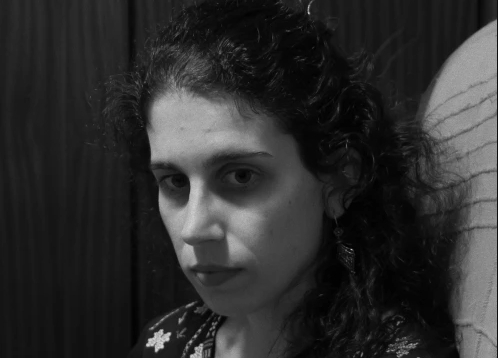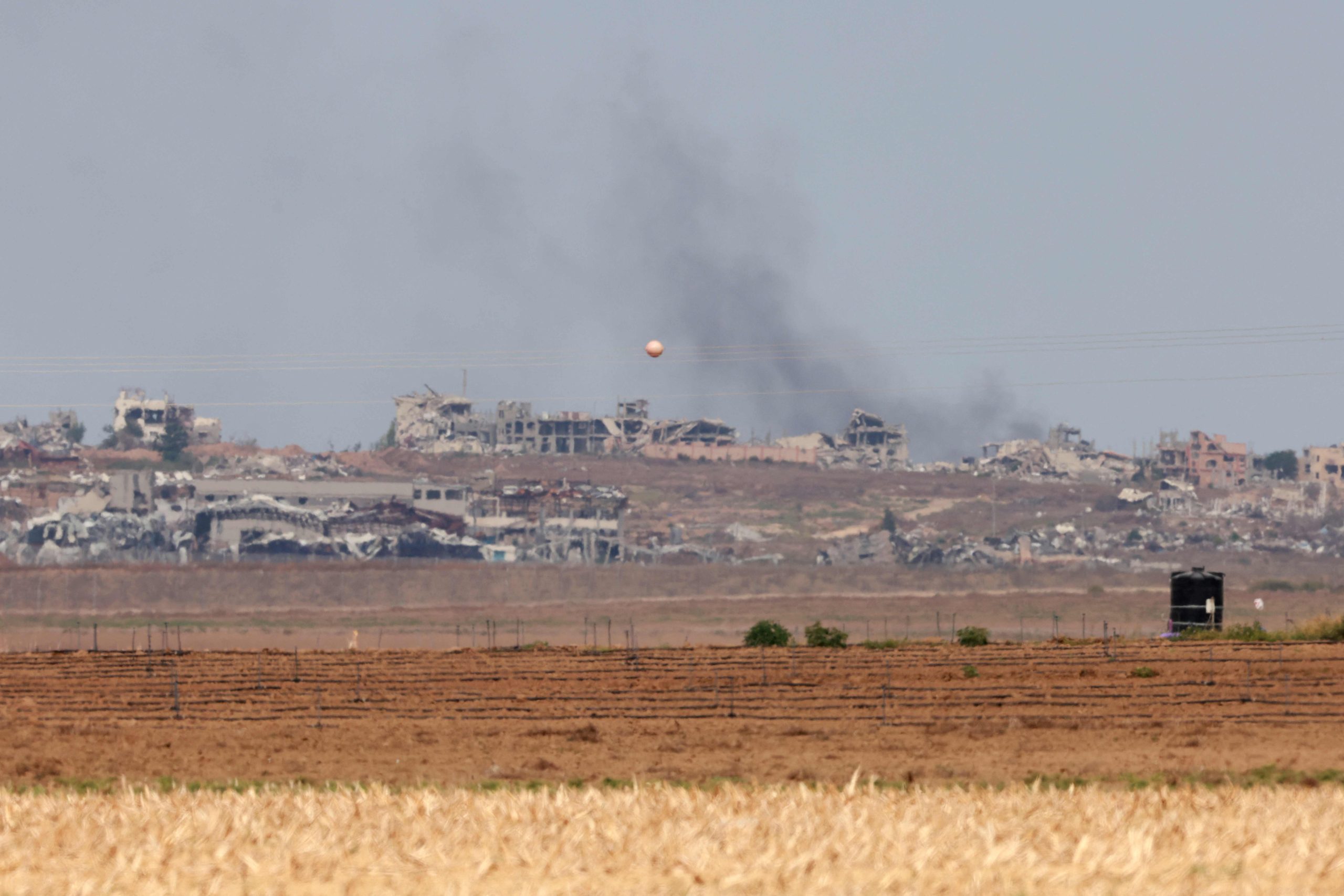The common places of catastrophe

More than poetry, the new book by Catarina Costa (Those who don’t fall like Ícaro) It is a writing, a prose poem that complains to itself the sobriety of an powerless look. It is beauty, such an old name, that it is henceforth impossible, or rather that becomes strange or even indiscernible with aggression and, consequently, with death (“in the opposite sense/ We can discover in each weapon/ the fragile beauty of the shield”). In one of the last poems of this small book, Catarina Costa puts on the scene a kind of dialectic that quickly turns into a suffered knowledge, a wound that dilates the gaze-preventing him from closing, which also means that he does to see anything that becomes unappealable from the horizon. It begins by speaking of a removal movement that would give us, besides the “dirty/ that deposits in the petals” a “clean and clean image of the flower.” But this removal movement, this removal, became impossible, « knowledge prevents us from behind/ and living for the contemplation of beauty. » A beyond, bifid look-like the tongue of Paul Celan in a well-known quote-contaminates in advance any form of beauty, constantly “dirtying it, giving it a putrid smell of decomposition. It could be said that this ancient and immemorial name has become, to Catarina Costa, impossible or at least inaccessible. But one could also say – it is perhaps one of the exits that this poetry leaves to explore – that beauty has become, for us, today, a FLATUS you whose meaning remains indecipherable – and is, therefore, for its indecipability, because it arises as an unintegable rest, which we cannot make sense, in the economic order of the world, in the mix of chance and unhappiness that Catarina Costa sees as the law that governs human affairs.
“It refers the drive to beautify what decay,
Objectively captures each corner,
Each house, every face that goes down for time,
Register them without idealism
Before they are suddenly annihilated ”
This first poem by Catarina Costa sets the tone, so to say, to the very coherent set of following poems – they are not a collection of poems united by themes or anything else, they are an independent block where in each poem deposits a different aspect about the same knowledge, about the same catastrophe. And it is a “white tone”, like the white verse, where what is at stake is an objectivity that, at the limit, concerns only a certain shock that removes any form of investment in the face of objects – they are, henceforth, figures that hide a void, faces and faces of the same inevitability, of the same chance.
It could be said that we find, in this poet and in this concrete book, a kind of device well known from other places: a meaningless validity, wanting to say that there is something that continues to be in force without, however, knowing its meaning or its place-hence, in fact, the irresoluble side we have already found with regard to beauty, which arises in ethical tones, not allowing any beautification, not allowing Naive of decay, be it ruins or anything else, and then appear as carrying a suffered knowledge. It is this meaningless validity that we find, for example, in a constant and uninterrupted, often metaphorical or not totally evident, reflection on the poet’s place. This one still has, in Those who don’t fall like Ícarothat ancient prestige that puts poetry in the nerve center of time – in this sense, Catarina Costa is a deeply epocal poet – in the wound that distances the now from himself. And the poet is, at the limit, someone who is in the fracture of temporality, inhabiting the shadows of the present. This grandiloquent view is particularly evident when the poet takes up the well -known image of the relay in the second poem, to address her again shortly after (speaking of a “long web of wires/ that break the night without guilt,” where the stories of the survivors “hold on a thread, lips and eyes/ what they have stayed”). We could quote René Char (according to which “our inheritance is not preceded by any will”) or report the story of the reaching, already dead, to give news of victory in a battle (Jacques Derrida, a philosopher unfortunately lying in disuse, compared this image to his own literature), but what becomes interesting in Catarina Costa is that this message that reaches us, the poet, to the poet Last ”, to those who were born“ shortly after the time ”,“ late/ purely contemplative witnesses, ”is a“ quasi-nasty ”:
“No more than a crumb
Or not that,
A quasi-night,
Dust
Or less,
A dust particle
Separable from others
So lonely that we soon realize
Have to be protected ”
Also here a certain irresolution seems to establish a tension between, on the one hand, the still grandiloquent position of the poet, who complains to himself the place of “meteorological station to the end of the world”, to use an image of Kraus, which is in the “arrhymic heart of the device” (in one of the poems where the presence of Walter Benjamin is noticed throughout the book and is never the entire book explicitly summoned) and, on the other hand, this quasi-party that receives as an inheritance and which will, in the end, also to convey to the coming. To the poet’s grandiloquence as a employee of humanity, either to attest to the terrors of the present, or by appealing to a naive and meaningless engagement, Catarina Costa is lowering the tone, talking only about things “that I brought (and that) did not fit anywhere”: nowhere is the poet’s place in the present, no matter how rhetorically intended to be in a center that is no longer. You may need to deepen this negative but not grandiloquent dimension of poetry.
Like the figure of the poet that is cut out in the whole of these poems, also the strange survival of a theological theme can be reappointed to a meaningless validity. In fact, Those who don’t fall like icar It is a book that makes use of a theme that is from the domain of theology: the fall. Everything, from the first poems to the end, and contrary to the title itself, is a fall, everything “descends for time” to death – a Ars Moriendi Without wisdom, without any lesson, just a « tribute to condemned things. » But here is also as a suspension of this theological dimension, as if Catarina Costa used theological protocols to, in the same movement, get out of them: we are now oblivious to eternity (we have always been, certainly, we know nothing or, if there was savings in the dictionary, this word would be of the first to disappear) and « continued to preach the bodies to matter/ but already that fatal sacrificial. » But perhaps here too, as in the image of the poet and poetry, it is still to bring to the limit itself, where the fall becomes the belonging to the earth and to be oblivious to eternity in a beatitude.
This image of Hermann Broch is known to be written to deposit his book in the Library of Alexandria before the catastrophe. In this image there is a whole desperate urgency – knowing, however, that catastrophe is inevitable – that does not arise in Catarina Costa. And perhaps it does not come because this poetry runs through all the commonplaces of the catastrophe, as it is thought of by poetry, and not only: a movie where people live a limb “where each one can be happy/ or unhappy in their own way”-before a “eventual catastrophe”-the “skull of the Neanderthal” where the wounds, the photograph, is not the symbol of the symbol. Death, the indestrinable mixture between killers and victims, the ashes, the “deadliest century”, those who “died in other centuries” (another catastrophe that cannot be redeemed, no matter how much they have thought of us, “nebulous mob who was coming”), war and “survival of devastation”, the ruins, a sand that does not even/ one. Death trail ”When it disappears forever, the profound forgetfulness that no memory can contradict, the“ fine white layer of mold-/ last cloak that covers what is about to undo ”. All the reasons, all the commonplaces that arise when it comes to a catastrophe that is on the verge of collapsing over us-this catastrophe has a name: time-they attend this poetry that is quite cultural without, however, making this dimension-culture arises here as knowledge, suffered, barbarism. And perhaps it can be proceeded dialectically: if this poetry is full of commonplaces, full of a memory that is coming from a certain poetic tradition of the twentieth century, if the catastrophe deposits in a set of spent and known images (photography, which comes several times in the first part of the book) that Catarina Costa is limited to traversing is because, at the limit, the catastrophe itself has become a commonplace. And this, at the limit, means two things: that it has become an inescapable horizon today and that, on the other hand, it is now its own commonplace. There is nothing more banal than catastrophe, which is now declared as permanent.







